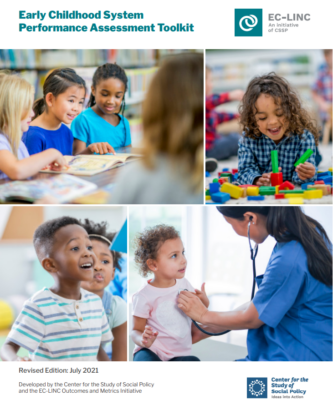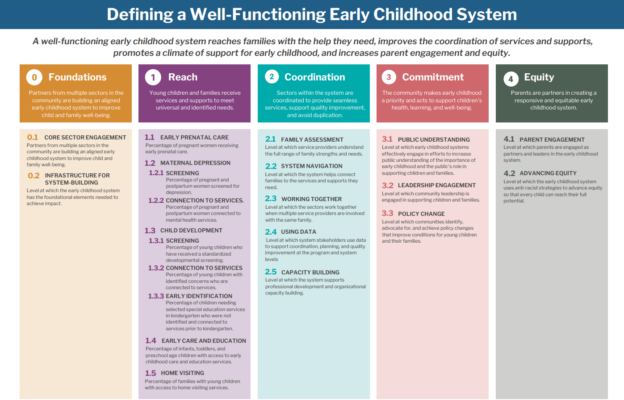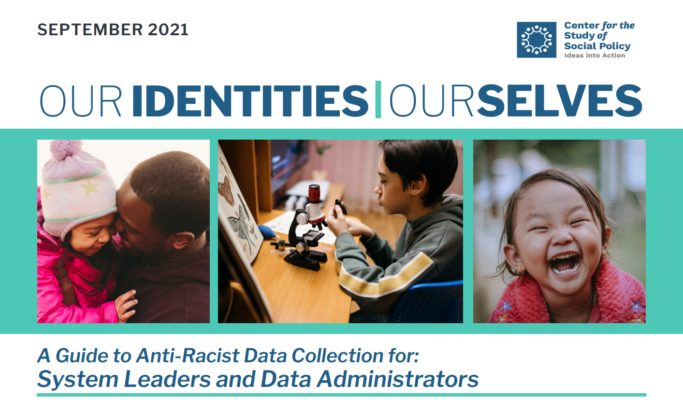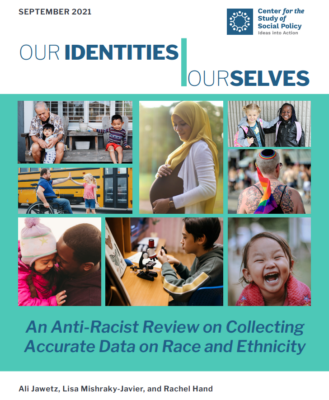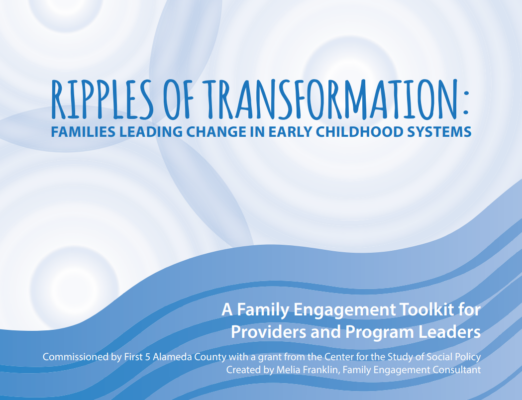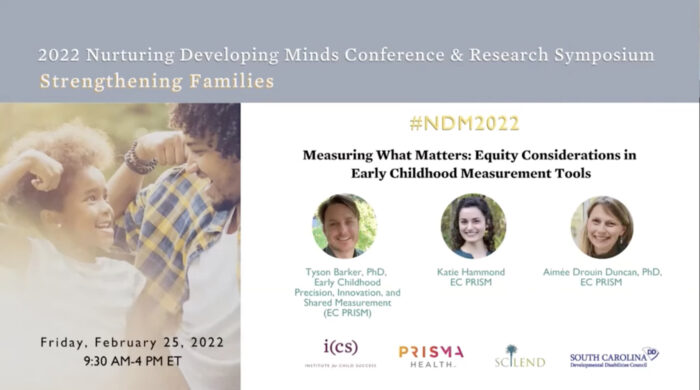Defining Cultural Relevance in Early Childhood Measurement

To help move the field forward in the ongoing pursuit of equity reformation in data and measurement, the Institute for Child Success sought expert opinions on the cultural relevance scoring category in their IMPACT Measures Tool® (a free repository of early childhood and parenting measures) so they may continue to hone and improve the tool over time. The report includes findings from interviews with experts in early childhood measurements, recommendations for the early childhood field, and recommendations for the IMPACT Measures Tool®.
Findings from the interviews with early childhood measurement experts emphasize the importance that the early childhood field continues to prioritize cultural relevance in measurement. Obtaining culturally relevant and culturally grounded data is the only way to understand a community’s belief and attitudes and to make decisions (e.g., on service delivery) that are both equitable and effective.
Recommendations for the Early Childhood Field
- Support the development of measures for and by members of Black, Indigenous and People of Color (BIPOC) communities.
- Continue to promote white and BIPOC collaborations in research.
- Amplify anti-racist, anti-biased measurement practices in existing research and stories of BIPOC people locally and abroad.
- Support wrap-around education services to educate program- and systems-level professionals in the need for culturally relevant measures.
